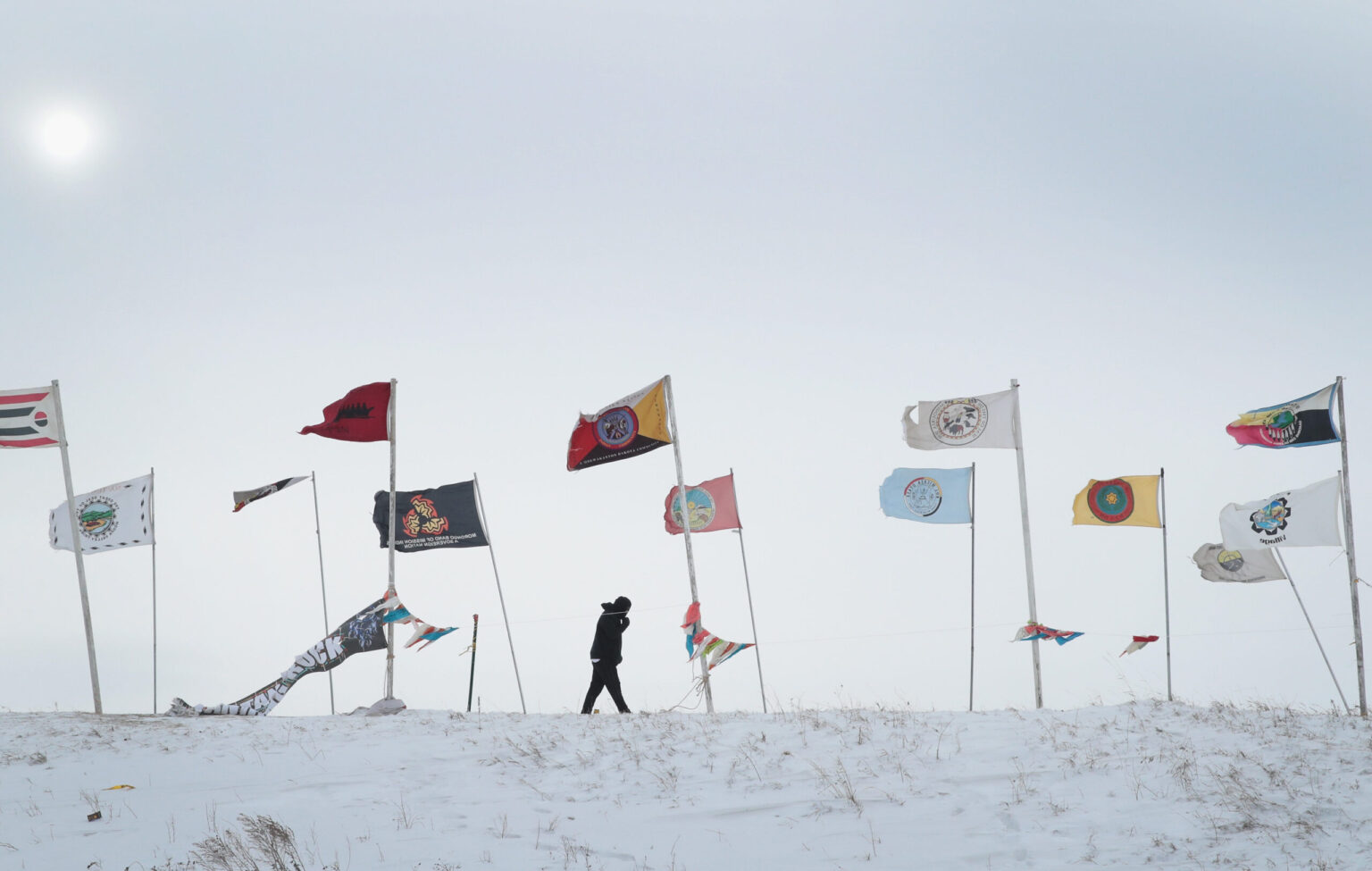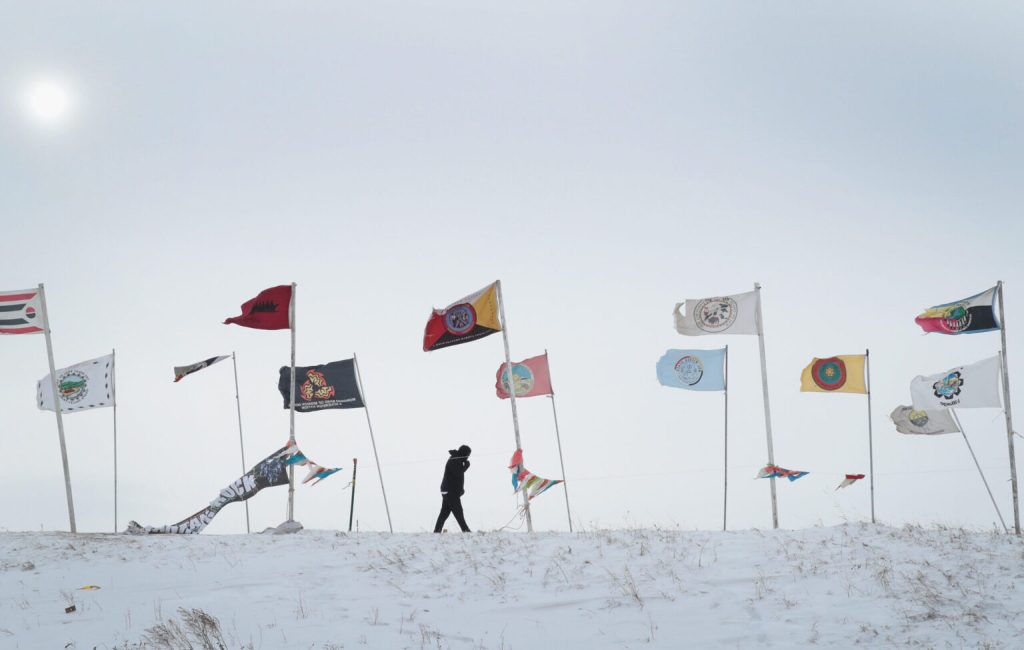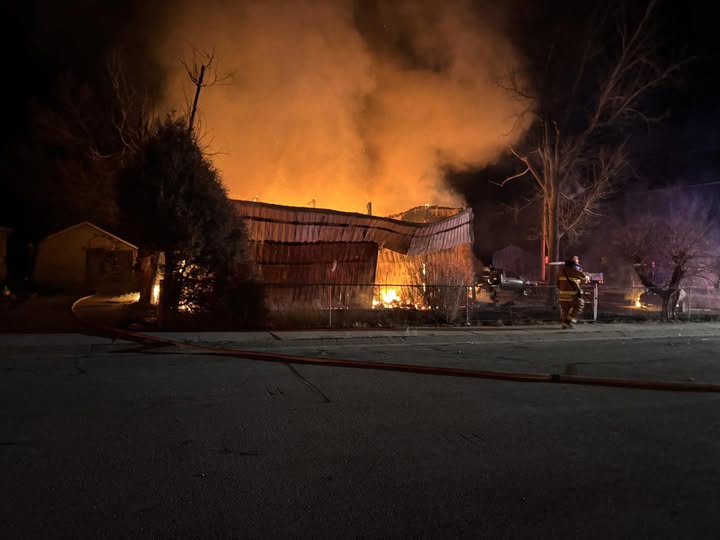FORT YATES, N.D. – The Standing Rock Sioux Tribe, headquartered in North Dakota but with reservation borders expanding into South Dakota, is the third tribal nation to ban Gov. Kristi Noem from tribal lands this year.
The Wednesday announcement comes after the Standing Rock Sioux Tribal Council voted to banish Noem for “racially charged” comments she made last month at two town halls alleging some tribal leaders are “personally benefitting” from Mexican drug cartel activity on reservations.
“Governor Kristi Noem’s wild and irresponsible attempt to connect tribal leaders and parents with Mexican drug cartels is a sad reflection of her fear-based politics that do nothing to bring people together to solve problems,” said Tribal Chairwoman Janet Alkire in a news release. “Rather than make uninformed and unsubstantiated claims, Noem should work with tribal leaders to increase funding and resources for tribal law enforcement and education.”
Tribe Bans Governor Over U.S.-Mexico Border Remarks 〉
Five tribes have demanded an apology from Noem since then. She has not issued an apology, but has issued press releases calling on tribes to “banish the cartels.”
The Oglala Sioux Tribe banished Noem in February and the Cheyenne River Sioux Tribe banned her last week.
Coupled with her calls to banish the cartels, Noem has encouraged tribal governments to participate in partnerships with the South Dakota Highway Patrol to provide temporary law enforcement on reservations. She has also called on the federal government to audit funding to the tribes to “determine the scope” of underfunding to the nine tribal nations in South Dakota.
Noem crashed the Pe Sla Sacred Sites quarterly meeting in Rapid City, S.D., at the end of march, where tribal leaders were meeting with representatives of the U.S. Forest Service to discuss co-stewardship efforts in the Black Hills. Oglala Sioux Tribe President Frank Star Comes Out said afterward that Noem’s surprise appearance was a distraction.
Noem was previously banned from the Pine Ridge Reservation in 2019 after signing two bills into law regulating protests over the Keystone XL Pipeline.












